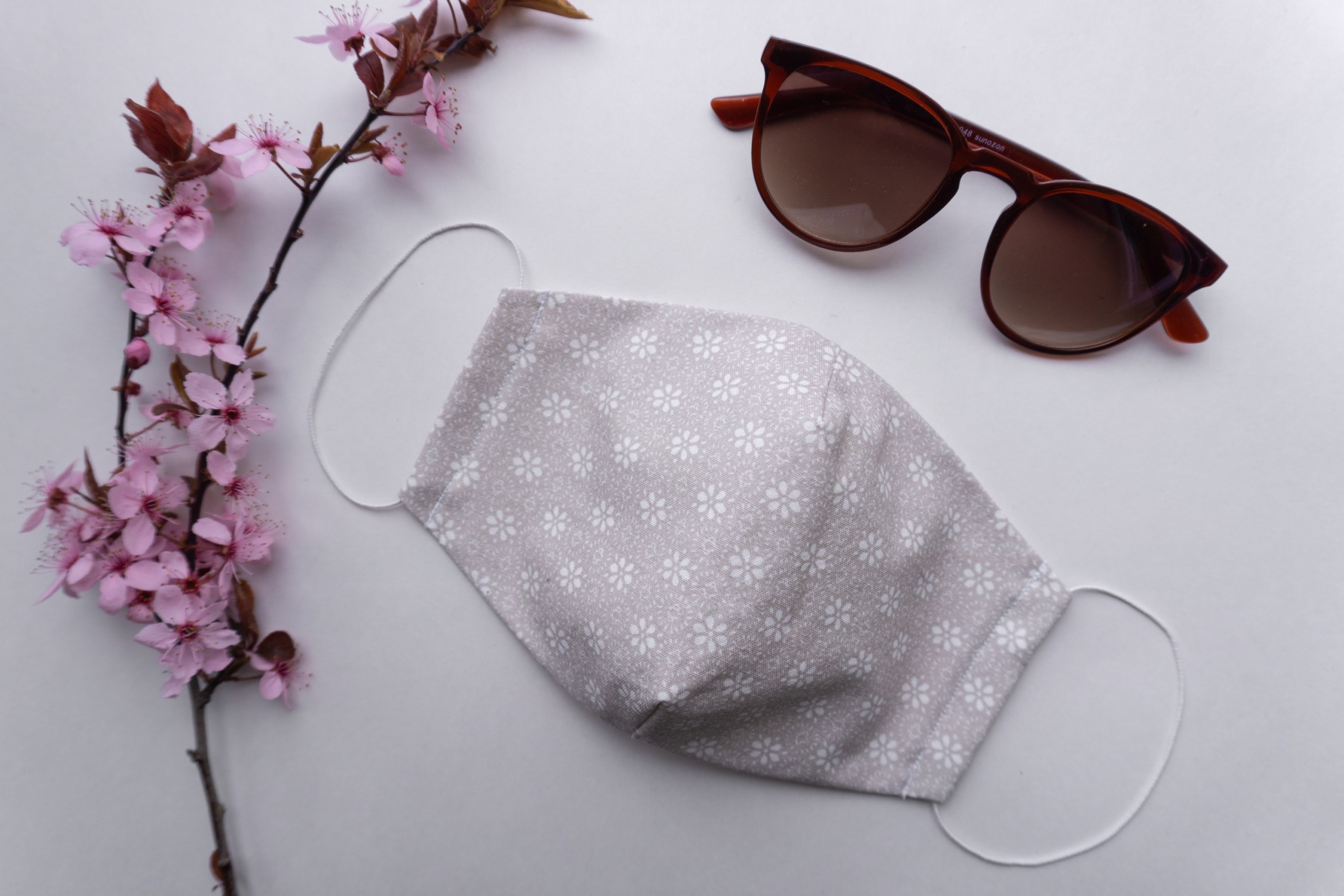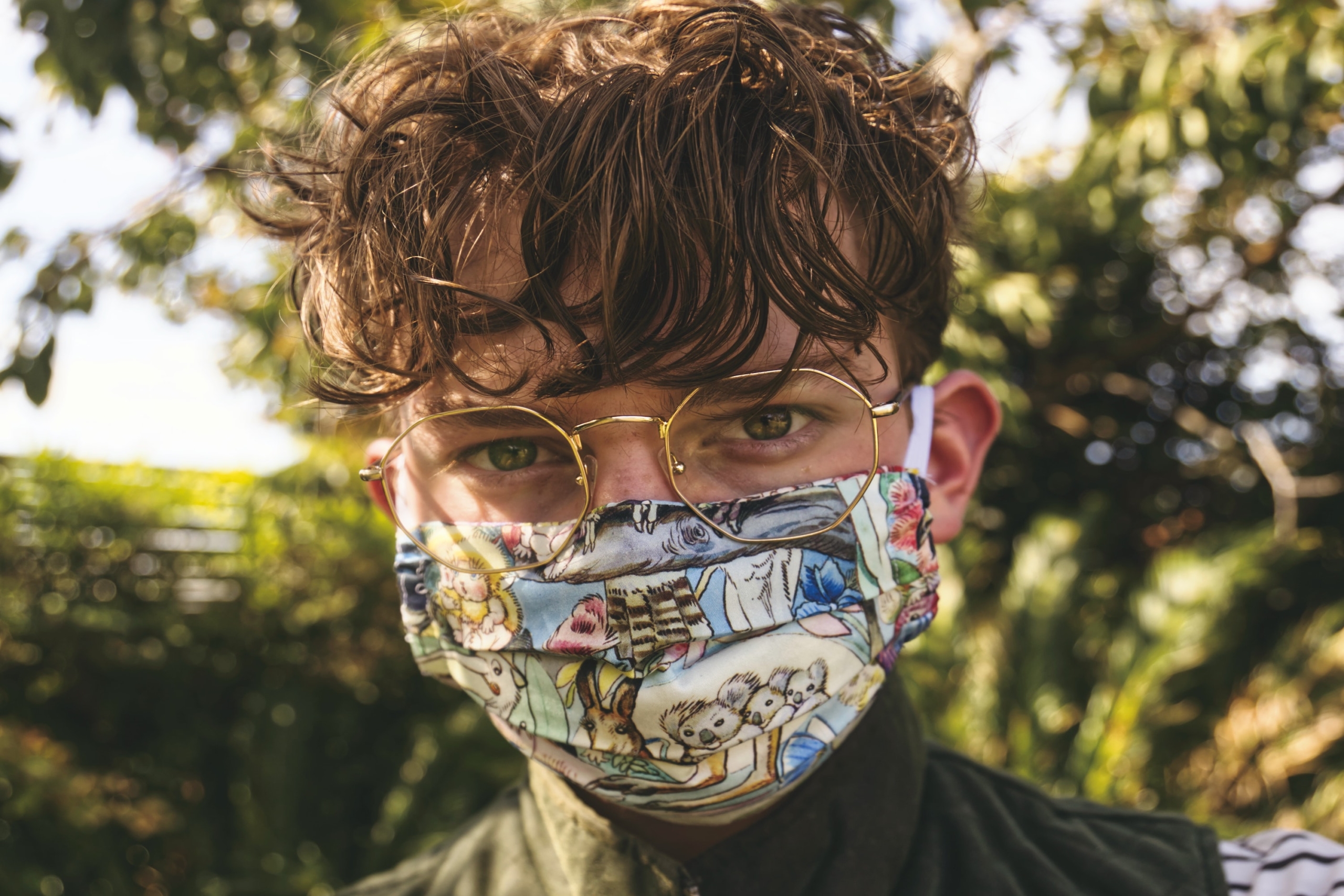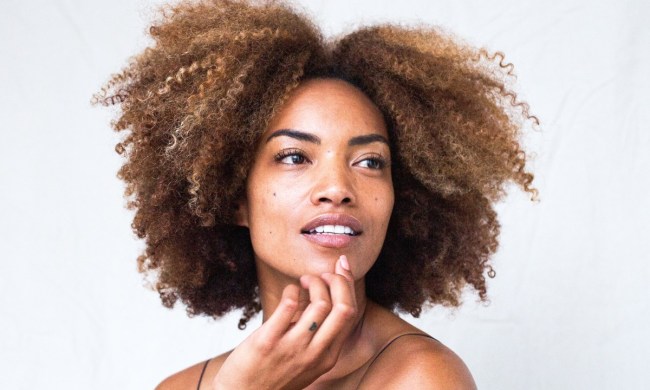With medical face masks and N95 respirators selling out as fast as they’re being restocked, many people have gone the DIY route and learned to make their own. Indie shopping haven Etsy is mask central right now, with thousands of shoppers selling handmade masks in a variety of fabrics. From pretty patterned cotton to sumptuous silk, you can find the right mask to match your lifestyle.
Who should mask up?
Mask regulations vary by location, but the World Health Organization (WHO) recommends medical-grade masks if you’ve tested positive for coronavirus, work in healthcare, are over the age of 60, or if you have any underlying health conditions. For those in good health who don’t fall into the aforementioned categories, cloth masks are sufficient.
If you live in an area where COVID-19 cases are widespread or work in a field where social distancing isn’t feasible, wearing a mask is essential. You should also wear one if you’re going to be in close contact with others, such as grocery shopping or even walking down the sidewalk. You should also make sure you wear your mask over the nose and mouth, rather than simply covering your mouth and chin.
Pathologist Chris Hancock explains the danger of this common mask mishap: “Your neck is exposed to respiratory droplets, so if you pull your mask down below your chin, the inside of your mask comes in contact with those droplets. When you cover your nose and mouth with the same mask, you breathe in what you want to keep out.”
However, some cloth masks may not offer the same degree of protection as others. Ramzi Asfour, a doctor of infectious disease, says the porosity of your mask depends on the quality: “If you’re making a cloth mask from 600-thread-count Egyptian cotton sheets, that’s different than making it from a cheap t-shirt that’s not very finely woven.”

Fighting mask-ne
In this incredibly strange year, an even stranger word was born: maskne. Maskne occurs when heat trapped within your mask creates a humid environment that promotes yeast and bacterial growth. According to dermatologist Amy Kassouf, friction from your mask can also lead to perioral dermatitis, small pustules that form around the nose and mouth.
Fortunately, treating maskne is doable. Dr. Kassouf recommends washing your face with a shampoo containing ketoconazole or selenium sulfide, anti-dandruff ingredients that can also combat yeast growth. She also suggests washing your mask before wearing it to soften the fabric and remove any excess dyes, which can irritate sensitive skin.
So what fabrics are the most skin-friendly? Stylists have touted the benefits of silk pillowcases and hair wraps for years, since they aid in moisture retention, prevent tangles, and reduce frizz. According to Dr. Howard Sobel, the founder of Sobel Skin, silk masks can provide similar benefits to your skin.
The benefits of silk masks
Silk masks benefit the skin, as they are gentler, and the high thread count of silk is effective at filtering out airborne droplets. Dr. Sobel says, “Silk is cooling, naturally hypoallergenic, and tends to absorb less moisture than cotton, so it won’t dry out your skin.” That’s good news if you have dry, sensitive, or acne-prone skin.
Lexie Sachs, the Associate Director of the Good Housekeeping Institute Textiles Lab, says silk helps regulate temperature. Since maskne is caused by a combination of heat, humidity, and friction, silk can help cut down on breakouts.

Is silk effective for face masks?
Recent research from the University of Cincinnati found that silk is one of the most hydrophobic fabrics available, and a University of Illinois study concurs. University of Illinois researchers found that three layers of silk offer the same amount of protection as a medical-grade mask.
To sum up these findings, 100% washed silk masks are very water repellent, almost as much as medical masks. Silk masks, however, can be sterilized and reused, while medical masks can only be worn once. If you’re looking for a mask that won’t aggravate sensitive skin but will provide adequate protection, silk is the way to go.



